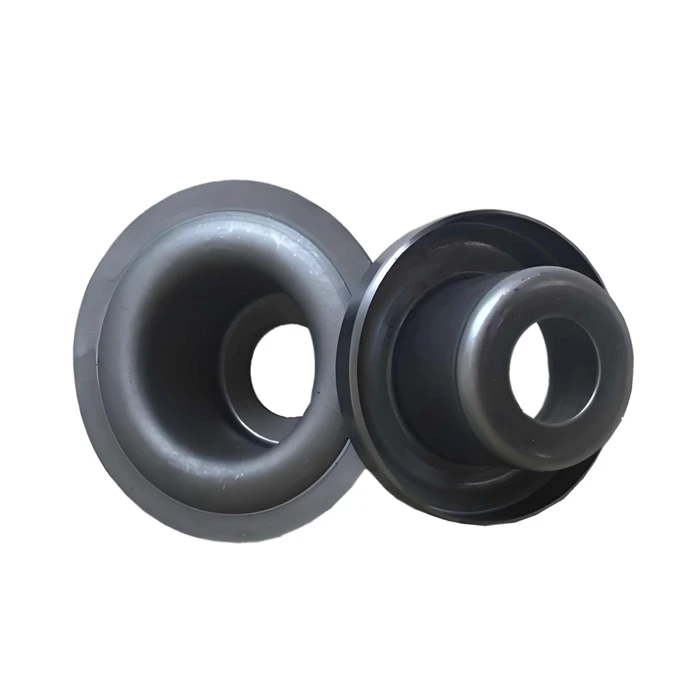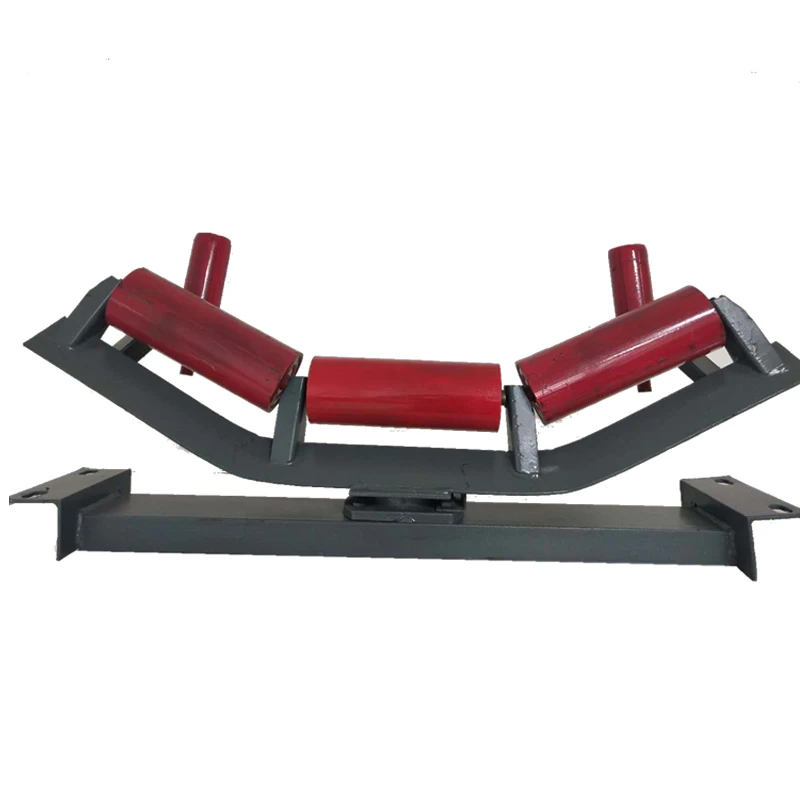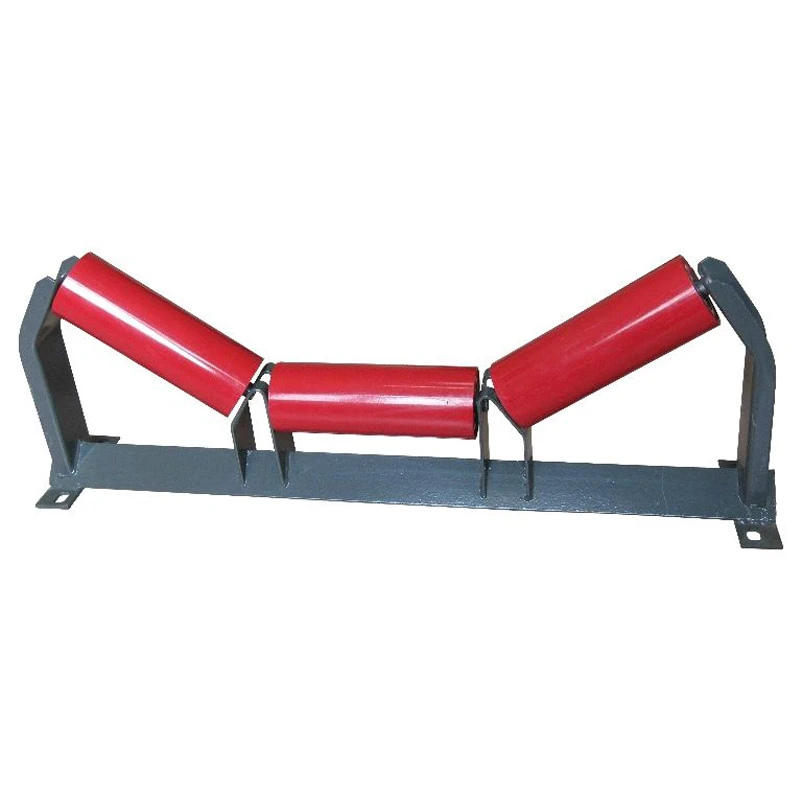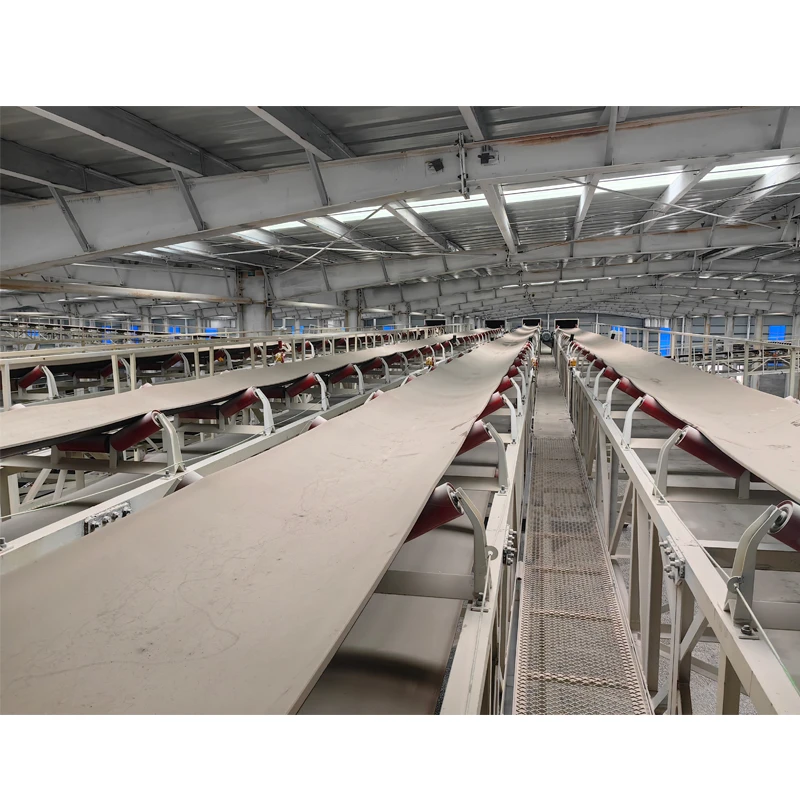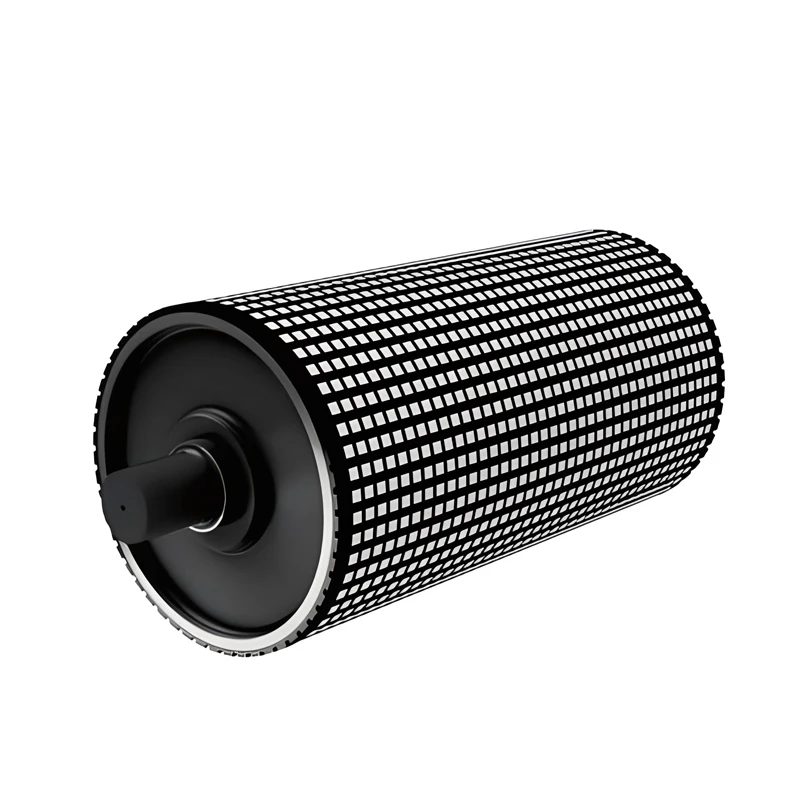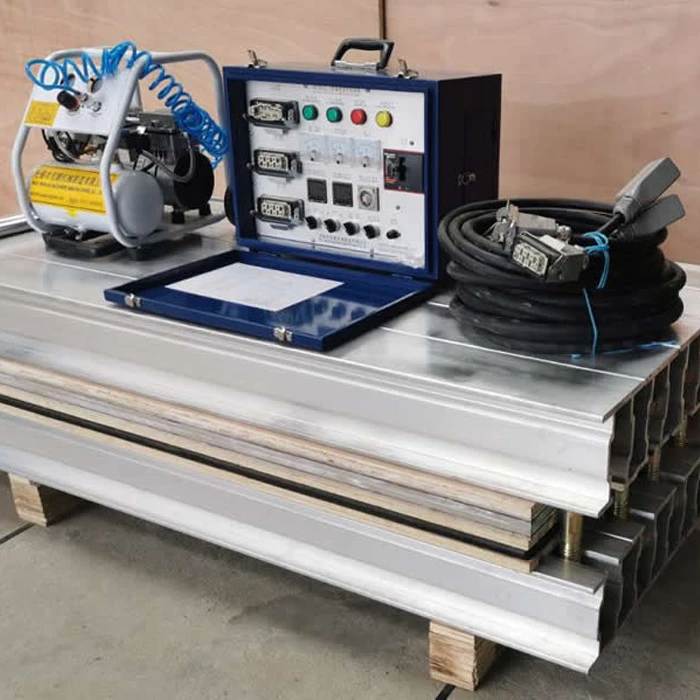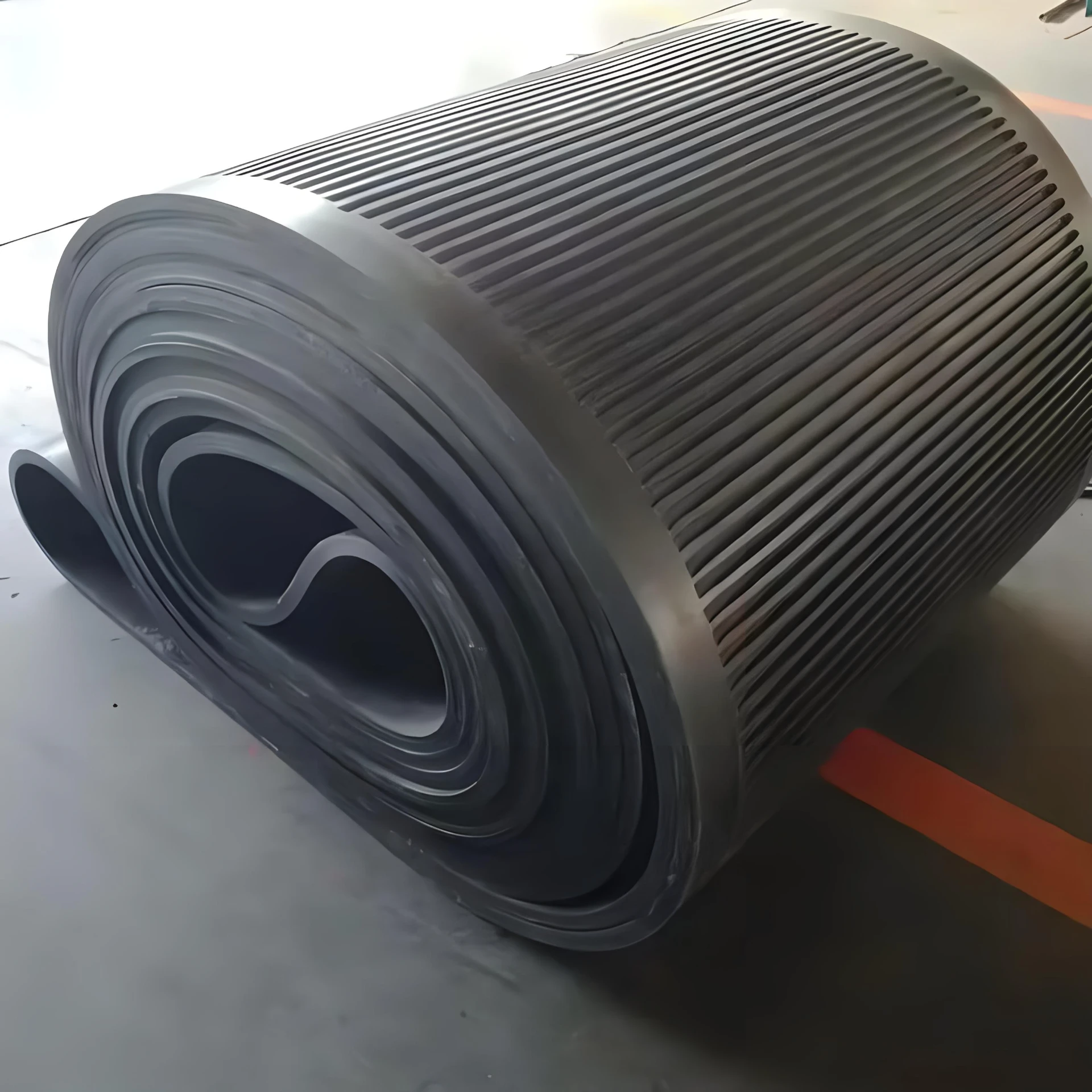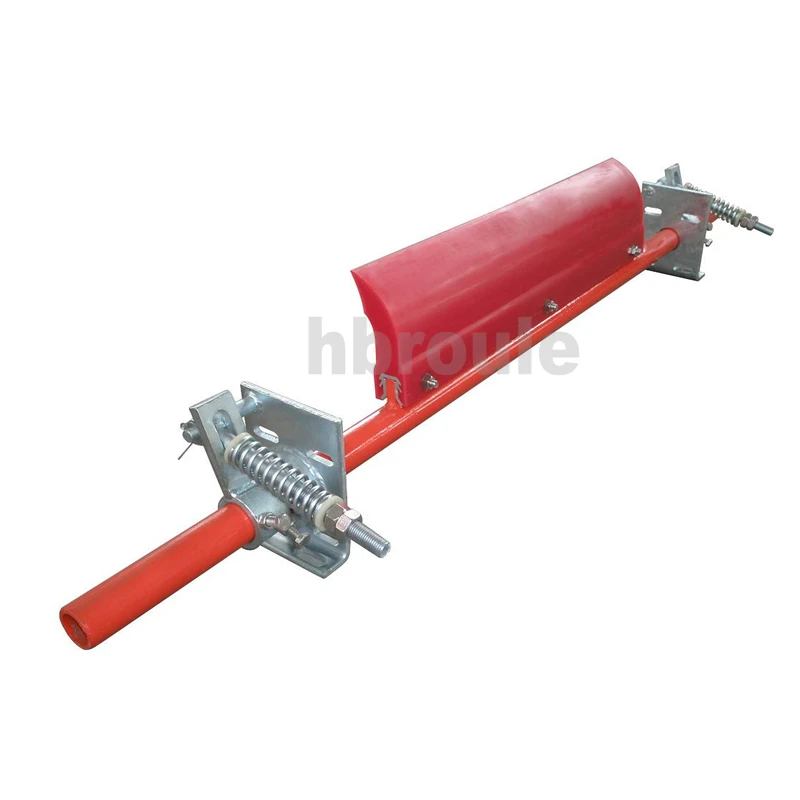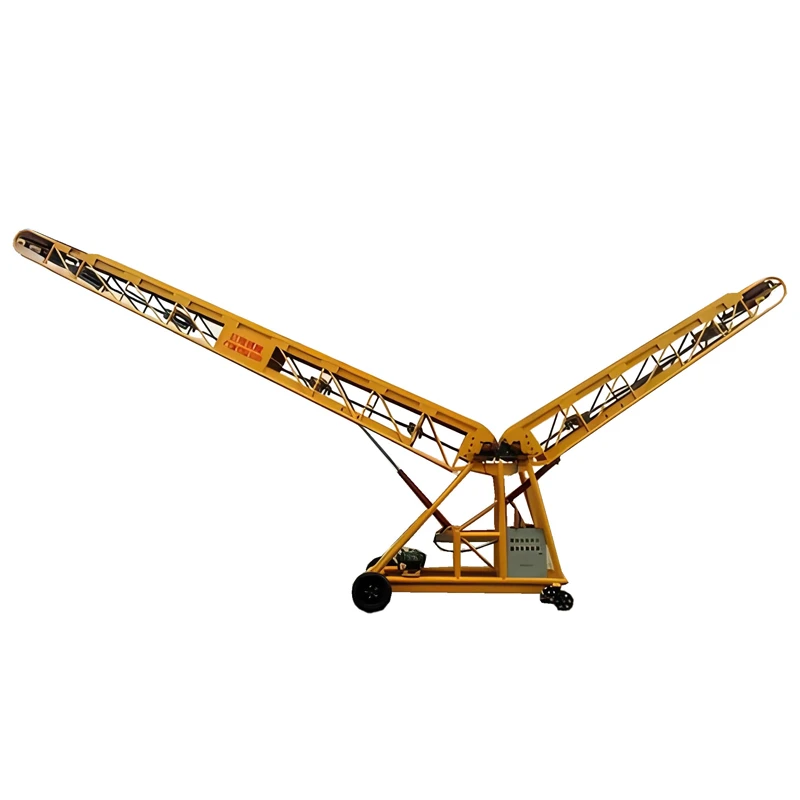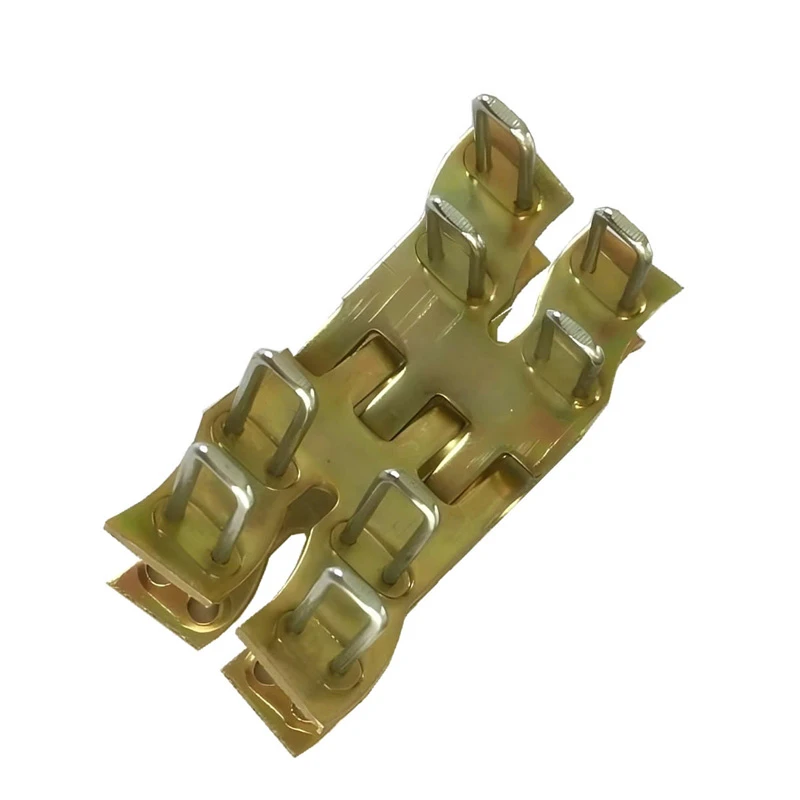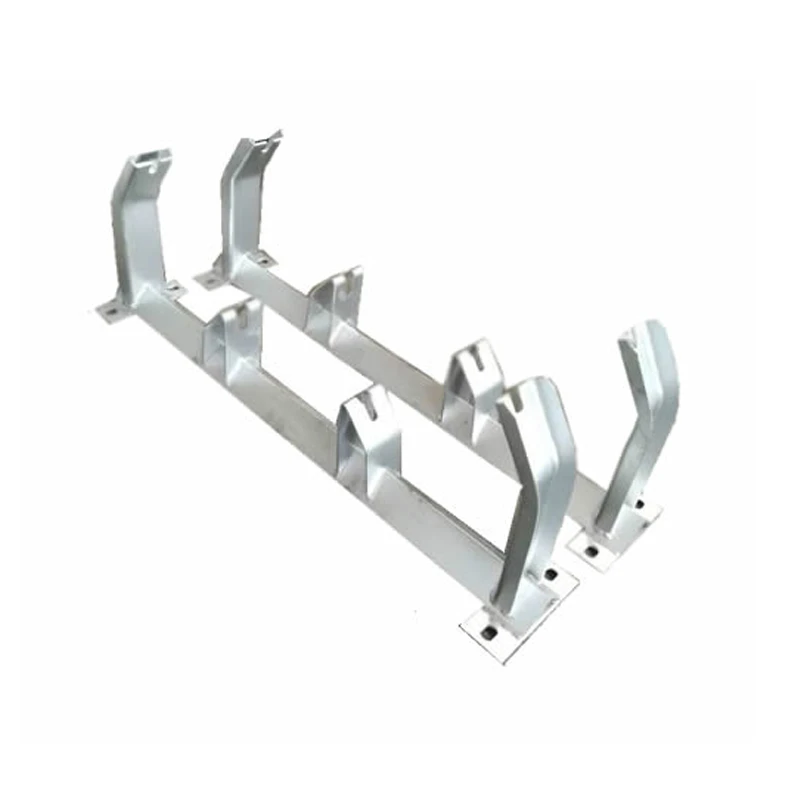High-Quality and Strong Partition Conveyor Belt: A Comprehensive Overview
Conveyor belts are essential components in modern industrial operations, enabling efficient material handling across various sectors. Among the specialized types, partition conveyor belts stand out for their unique design and functionality. This article delves into the technical specifications, applications, and advantages of these belts, while also highlighting the expertise of Hebei Roule Transport Machinery Manufacturing Co., Ltd., the manufacturer behind this innovative product.
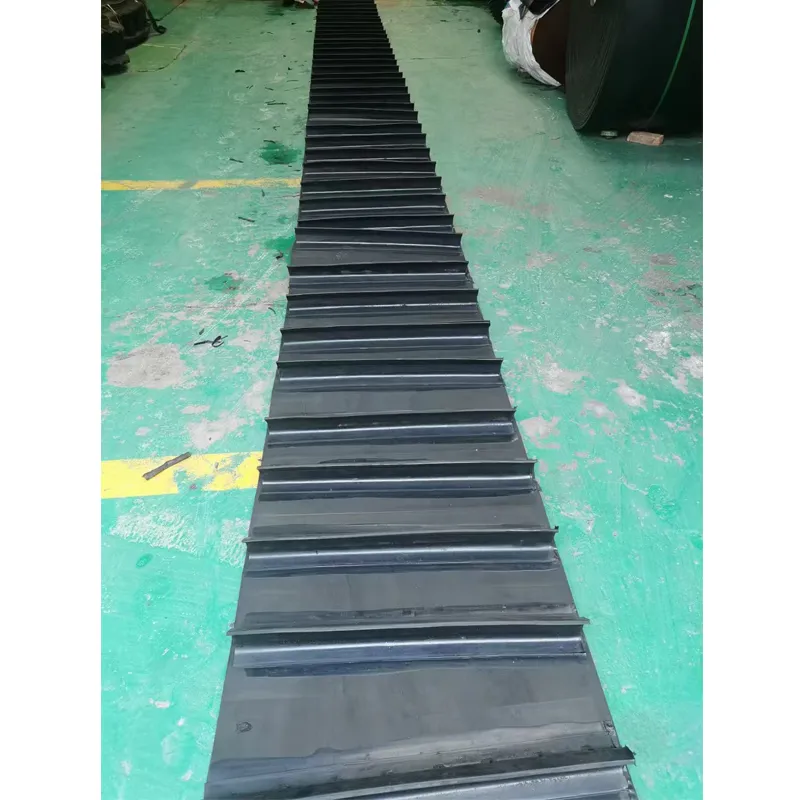
Understanding Partition Conveyor Belts
Partition conveyor belts are designed to enhance material control and efficiency in conveyor systems. Unlike standard conveyor belts, these belts incorporate transverse partitions that divide the belt into distinct sections. This design ensures that materials remain in their designated areas during transport, preventing misalignment and optimizing throughput.
Key Functions of Partition Conveyor Belts
- Control Material Direction: The partitions guide materials along a predetermined path, reducing the risk of deviation or crossing. This is particularly crucial in industries where precise material placement is required.
- Improve Conveying Capacity: By creating separate compartments, these belts can carry more materials simultaneously, increasing overall efficiency.
- Reduce Debris Entry: The partitions act as barriers, preventing foreign particles from entering the conveyor system and ensuring smooth operation.
Technical Specifications and Design Features
The partition conveyor belt is engineered to meet rigorous industrial demands. Its construction includes a base belt reinforced with transverse partitions, which are tailored to specific applications. Below is a detailed breakdown of its technical specifications:
| Parameter | Details |
|---|---|
| Core Materials | Ordinary cotton canvas (CC), polyester-cotton blended canvas (CP), nylon (NN), polyester (EP), steel wire rope (ST) |
| Belt Width | 500mm - 2000mm |
| Fabric Layers | 2-20 layers, depending on application requirements |
| Cover Adhesive Thickness | Working surface: 1.5-15mm; Non-working surface: 0-6mm (custom sizes available) |
| Flexibility and Rigidity | Longitudinal flexibility for angle changes; Transverse rigidity for structural stability |
The belt's design ensures it balances flexibility and rigidity. The base belt must possess high tensile strength and wear resistance to withstand continuous operation. For belts with empty edges, the longitudinal direction is engineered for flexibility to accommodate directional changes, while the transverse direction maintains rigidity to support materials effectively.
Classification of Conveyor Belt Partitions
Conveyor belt partitions are categorized based on material and function:
Material-Based Classification
- Rubber Partitions: Ideal for applications requiring shock absorption and noise reduction.
- Plastic Partitions: Lightweight and resistant to corrosion, suitable for food and pharmaceutical industries.
- Steel Partitions: Durable and heat-resistant, used in high-temperature environments.
Function-Based Classification
- Straight Partitions: Prevent material mixing in straightforward conveying systems.
- Comb-Shaped Partitions: Suitable for long-distance conveying, ensuring material stability.
- Corrugated Partitions: Increase friction to prevent material slippage, especially on inclined conveyors.
- Edge Blocking Partitions: Prevent material overflow, enhancing safety and efficiency.
Applications of Partition Conveyor Belts
These belts are widely used across industries due to their versatility and reliability. Key applications include:
- Manufacturing: Ensuring precise material placement on assembly lines.
- Logistics: Sorting and directing packages in distribution centers.
- Food Processing: Maintaining hygiene and preventing contamination with plastic or rubber partitions.
- Mineral and Mining: Handling bulk materials with steel or polyester partitions.
Advantages of Partition Conveyor Belts
Compared to traditional conveyor belts, partition belts offer several advantages:
- Enhanced Material Control: The partitions ensure materials stay in designated areas, reducing errors and rework.
- Increased Efficiency: By optimizing space and preventing material overlap, these belts improve throughput.
- Customization: The ability to tailor belt dimensions, materials, and partition designs to specific needs.
- Durability: High tensile strength and wear resistance ensure long service life, even in harsh conditions.
About Hebei Roule Transport Machinery Manufacturing Co., Ltd.
As a leading manufacturer in the conveyor belt industry, Hebei Roule Transport Machinery Manufacturing Co., Ltd. specializes in producing high-quality conveyor belts tailored to diverse industrial requirements. With a focus on innovation and customer satisfaction, the company has established itself as a trusted supplier in the global market.
Hebei Roule's commitment to quality is evident in its advanced manufacturing processes and rigorous testing procedures. The company's product range includes industrial conveyor belts and food conveyor belts, each designed to meet specific industry standards. Their expertise in partition conveyor belts ensures that clients receive solutions that enhance operational efficiency and safety.
Industry Standards and Compliance
While the National Institute of Standards and Technology (NIST) does not directly regulate conveyor belt specifications, its guidelines on material testing and industrial standards play a critical role in ensuring product reliability. According to NIST, "Material testing protocols are essential for verifying the performance of industrial components under various conditions" (NIST.gov). This underscores the importance of adhering to rigorous testing procedures, which Hebei Roule incorporates into its manufacturing processes.
Conclusion
Partition conveyor belts represent a significant advancement in material handling technology, offering enhanced control, efficiency, and customization. With their robust design and versatile applications, these belts are indispensable in modern industrial operations. Hebei Roule Transport Machinery Manufacturing Co., Ltd. continues to lead the way in delivering innovative solutions that meet the evolving needs of industries worldwide.
References
National Institute of Standards and Technology (NIST) – Industry standards and material testing protocols.

